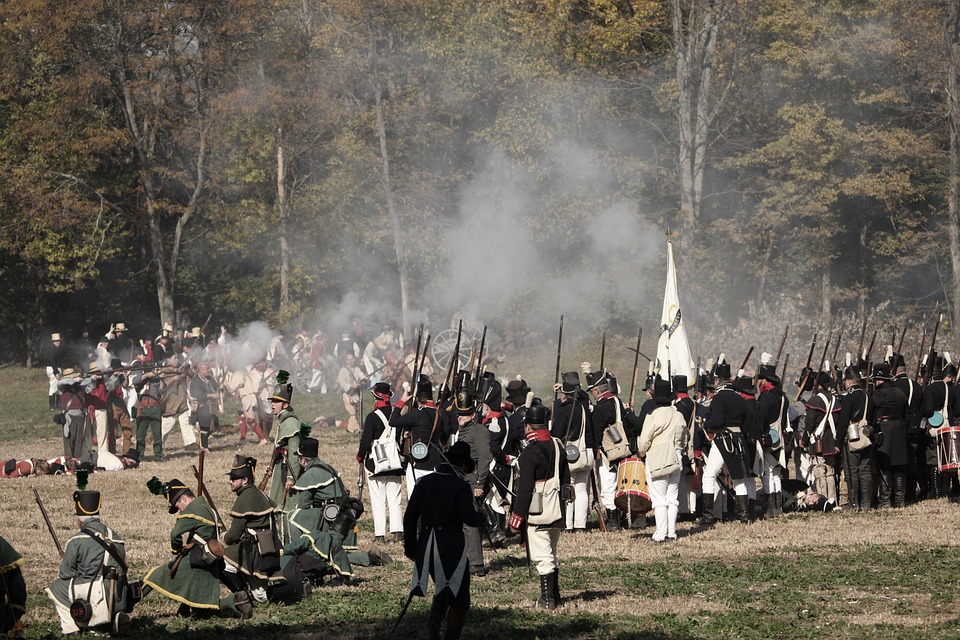The health and vitality of Television Series has, happily, never been better and I say that from a perspective that covers both sides of The Pond.
Breaking Bad practically broke the mould when Vince Gilligan and his team crafted that piece of genius and over here in Blighty, we aren’t too shabby either at producing exciting, innovative, continuous drama.
I am recently mourning the finish of Wolf Hall; a classic and classy piece of period drama; adapted from the Hilary Mantel novel for the BBC by Peter Straughan. Writer Heidi Thomas writes at a consistently high standard; her adaptation of the Jennifer Worth novel Call The Midwife regularly earns big ratings for the BBC, Chris Chibnails’s Broadchurch for ITV and the clever trilogy of original dramas by Russel T Davies for Channel Four and E4: Banana, Cucumber, Tofu are all proof that writers of longer run dramas are currently at the top of their game.
The Star of Series is in the ascendant. But it wasn’t always the case.
Most of my Script Editing, Development and Production experience lies in Long Form tv drama and back in the day, at the BBC, we were rather considered ‘the kids from the council estate’ as opposed to those working in singles and two/three/four part dramas, who were considered to be ‘a cut above’ and occupied a higher status generally.
ITV (the Network) did not have this snobbery and when I worked for Granada Tv and Carlton Tv, and latterly ITV Productions, my skill base was particularly in demand. But generally, 10 years ago, Series and Serials we not given the ‘craft’ label that Singles were.
Not any more. Series and Serials is now where it’s at and writers, Script Consultants (like me) Producers (as I was) with experience and know how when it comes to constructing and controlling a Long Form drama from Treatment through to Pilot script, are well worth their weight in gold.
And this is as it should be in my book.
Sally Wainwright has penned amongst many other UK tv dramas, the nobable ‘Last Tango In Halifax’, award winning ‘Happy Valley’ and her equally exclaimed cop series ‘Scot and Bailey’.
Sally in one of a number of acclaimed tv writers with one specific thing in common; they all hail from a background of popular drama; that is to say, Series and Serial dramas.
Paul Abbot (‘Cracker’, ‘Shameless’) Tony Jordan (‘Life on Mars’, ‘Hustle’) Kay Mellor (‘Fat Friends’, ‘The Syndicate’) Russell T Davies (‘Queer As Folk’, ‘Cucumber, Banana, Tofu’) learned their craft, honed their skills and made their name working on long form narratives; the multi-episodic Series, the longer run Serials, and Soaps.
In a recent interview Sally Wainwright was asked what advice she would give to writers who wanted to craft great tv drama. I pick out one of her tips here to illustrate my point; here she talks about specifically working on the longest running soap in the UK, Coronation Street (Corrie) which is currently 53 years young:
‘Work on a Soap:
Five years on Coronation Street taught me how to tell stories. You’d sit in a room at Corrie there were about 15 of us doing two episodes a week and I remember fantastic writers coming up with the most mad but completely plausible ideas. It made me start thinking in detail of how one thing leads to another, and how to construct a story with a beginning, middle and an end, rather than just an incident’.
The interview with The Independent in full, is here.
Successful Series Dramas require a Creative Process and a Production Process – clearly – no surprise there. But in order for a tv drama series to really work; a correct mind set needs to be established from these two key areas so one supports and augments the other.
Writing and Producing Television Drama is essentially a collaborative process; there are no isolated writers in their garrets here, no man or woman is allowed to exist in splendid isolation – they are expected to pitch in, work together and pull with the team. That goes for production crew as well as the writers on the team.
Here is a blog I wrote about the collaborative process in television and how a writer needs to adapt and tweak their mind set if they want to get in and get on in telelvision as a writer.
https://scriptadvice-co-uk.stackstaging.com/2013/04/evergreen-list-for-television-writers/
On a long runner, the writer/s need to be competent and versed in several essential skills to make the work sing on the page:
i/ Structural ability: To be able to create, develop and control several narrative strands for an ensemble cast over more than one episode.
ii/ Ability with Character: To bring to the table a body of credible, interesting, engaging people with layered, relevant stories to tell; characters capable of exploring a plot line and going on a journey that we the audience want to follow.
iii/ Able to work the Subtext: This is the most imporant skill to my mind. All the best series writers have this skill in their lexicon. They understand human motivation; they can dip into what makes us tick and can recognise and maximise the connections – the links between story lines so that the subtext is always present as the plot line rolls forward.
Here is a blog I wrote about Subtext in Series drama:
https://scriptadvice-co-uk.stackstaging.com/2015/01/series-story-telling-its-all-about-the-subtext/
The Producer/s of a long runner need to have a complimentary and inclusive mindset.
Television Drama Production is Producer-centric. It is the Producer who will have the over-view; the vision of the series as a whole, but without the writer/s there would be no world to visualise, so the best dramas to my mind are those that are created out of a collaboration between the Producer/s and the writer/s. Producers also need:
i/ The ability to understand and ‘work’ a script: The best Producers (in my opinion) are fascinated – to the point of obsession – with stories, writing, writers and scripts. A Producer who knows their way around a dramatic script; who is able to tap into what the writer has created and why they did it this way, is on a fast track to making a good drama for the screen. Translating the elements of this script to the screen is the single most important job a Producer has and if they understand the language; if they are hard-wired to connect to the story telling within the piece, then the real conversations between Writer and Producer can begin.
ii/ The talent to manage talent: And by this I mean not just the Actors (although they are really important) but also all the creative teams assigned to the production of this series. Ego management is necessary, so is allowing egos to flourish when the time calls for it – it’s just a matter of knowing when to diplomatically ‘intervene’ and when to step back.
iii/ The skill to see ‘the big picture’: God is in the detail. That is true. But a Producer who micro-manages is an irritation to every one. The best Producers in my view, are those that love the over-view; love visualising the macro; those who can roll out, in their mind’s eye, the entirety of a series whilst trusting implicitly in their Writer/s, Actors, Directors and Production Crew.
Harmony is achieved. And that way, great series television is born.
I have 20+years experience in Television Drama Production.
My Script Consultancy Script Advice https://scriptadvice-co-uk.stackstaging.com/ helps writers write better scripts.
Here’s my book: Writing for Television: Series, Serials and Soaps: https://www.amazon.co.uk/Writing-Television-Yvonne-Grace/dp/1843443376/ref=sr_1_7?s=books&ie=UTF8&qid=1400840643&sr=1-7&keywords=writing+for+television
I have recently launched my Online Tv Writing Course; taking you through the process of crafting and shaping your ideas for tv. https://scriptadvice-co-uk.stackstaging.com/courses/series-writing-television/
Follow me on Twitter: https://twitter.com/YVONNEGRACE1
Join my Writer’s Group Script Advice Writer’s Room on Facebook: https://www.facebook.com/groups/237330119115/
Get in touch and let’s get crafting!


